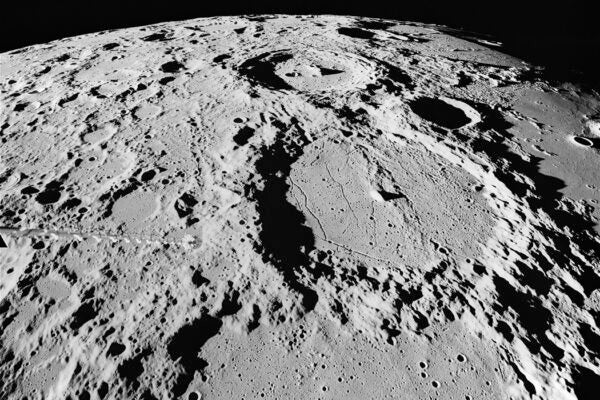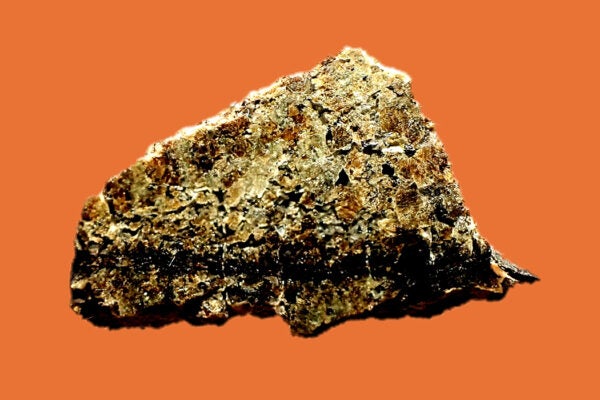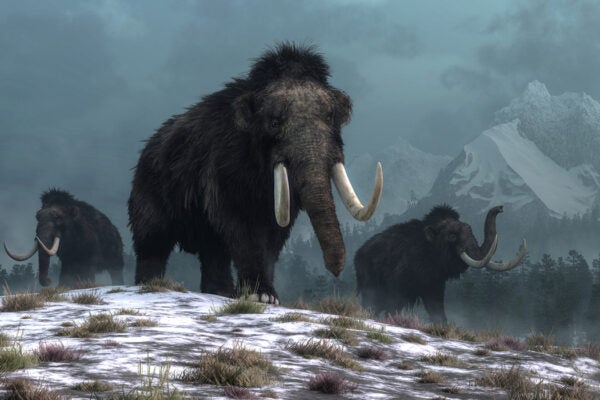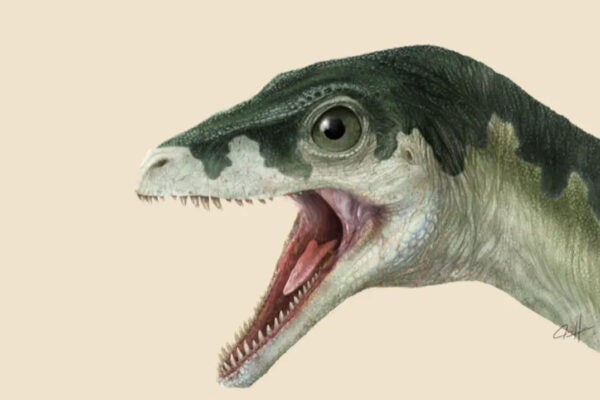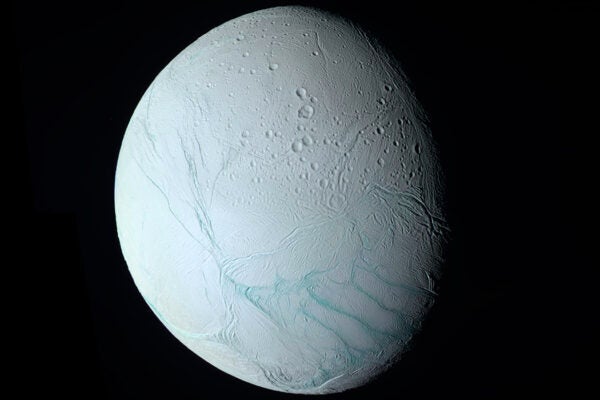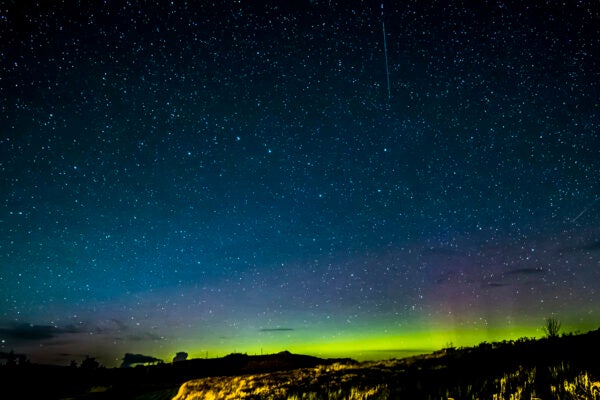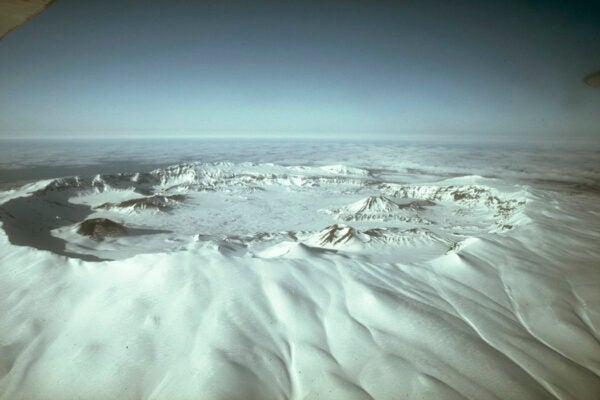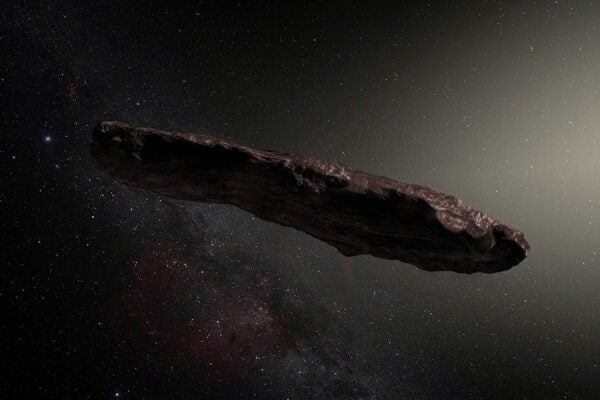The Case of the Volcano on the Moon
In 1958, Soviet astrophysicist Nikolai A. Kozyrev claimed there was an active volcano on the Moon. Dutch American astronomer Gerard P. Kuiper begged to differ.
Meteorites from Mars
Meteorites that come from Mars help scientists understand the red planet’s interior.
Did Inbreeding Cause the Woolly Mammoth’s Extinction?
Research suggests it was more sudden than that.
Growing Quickly Helped the Earliest Dinosaurs
Rapid growth also helped other ancient reptiles flourish in the aftermath of mass extinction.
Saturn’s Ocean Moon Enceladus Is Able to Support Life
This research team is working out how to detect extraterrestrial cells in the liquid water ocean hidden beneath Enceladus’s icy crust.
IceCube Detector Confirms Deep-Space “Ghost Particle” Phenomenon
IceCube scientists have detected high-energy tau neutrinos from deep space, suggesting that neutrino transformations occur not only in lab experiments but also over cosmic distances.
Surprising Discovery Challenges Key Principle of Modern Cosmology
Observations of an enormous cosmic structure, dubbed the "Big Ring," seem to violate the Copernican principle.
Beware the Volcanoes of Alaska (and Elsewhere)
The 43 BCE eruption of Alaska’s Okmok volcano created the (cold) climate context for the fall of the Roman Republic and the birth of the Roman Empire.
The Annotated Oppenheimer
Celebrated and damned as the “father of the atomic bomb,” theoretical physicist J. Robert Oppenheimer lived a complicated scientific and political life.
Why Interstellar Objects Like ʻOumuamua and Borisov May Hold Clues to Exoplanets
The detection of two celestial interlopers careening through our solar system has scientists eagerly anticipating more.
